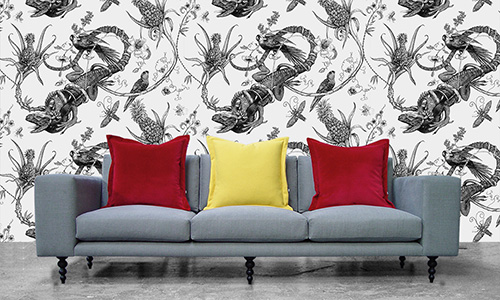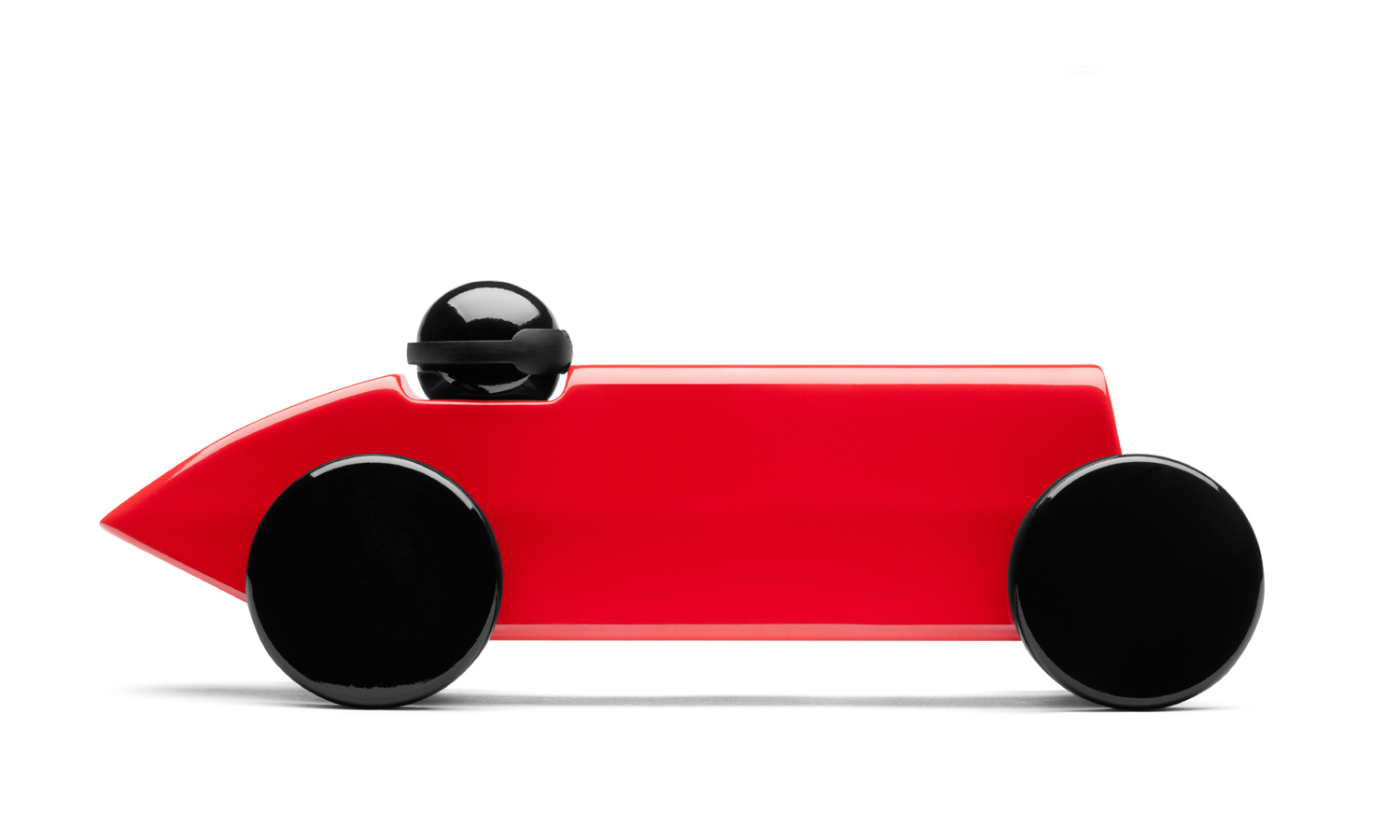Your basket is empty.
For the love of dog
What is it about dogs? They have unlikely breath, ruin furniture, trail mud, fart and leave, bury your wallet, push you over, bark at anything, lick your face, make you walk in the rain and pick up their poo. Let’s face it if that was someone you met on tinder you wouldn’t be meeting them a second time. And yet if it’s a dog it’s perfectly acceptable. Dogs are wonderful and we forgive them pretty much anything. At least I do. For some the list of dog failings is more than enough to put them off but for most the attraction is undeniable and has a lot to do with the fact that there is something intrinsically familiar about dogs. The argument as to what constitutes self-awareness has been going on for centuries and to a large extent circles around the special circumstances that make humans human. The idea that humans are unique, that only we are truly self-determining and that all other animals are somehow lesser prevails to this day. It is convenient to think of certain animals as without sentience at all, especially those we eat, who wants to imagine a cow contemplating its own certain demise and consumption. However other animals, particularly those we take as pets, are given much greater consideration. It is why the horse meat scandal caused so much disquiet. In the UK, we consider horses pets and don’t eat them, at least not on purpose, and as a result we credit them with much greater mental autonomy, eating a horse would be like eating a cat, or more importantly a dog. Of course there is no proof that cows are any less self-aware than horses, and as for cats, well who cares? Certainly not cats. I have stared into many a cat’s eyes and only seen myself reflected back. Dogs on the other hand are a different story entirely.
Libby and I found Ruben at Battersea dogs home. He was the last dog we saw on the day and though we had met plenty of lovely mutts we both knew we wanted him the second we laid eyes on him. He wasn’t an obvious choice, not what we imagined we would come home with, but that is the wonder of the dog personality, they inhabit their body totally, regardless of its shape or size. Ruben was part Staffordshire bull terrier and part boxer, the boxer part was mainly his legs, they were long, his head was pure staffy and almost comically handsome. He was preternaturally serene, whereas all the other dogs were giving their best orphan performances, leaping up and down, spinning in circles, trying to paw through the bars, Ruben just sat and looked up at us, big brown wise eyes fully engaged, ‘Let’s get outta here’ they seemed to say. So we did.
I read recently that dogs have probably been with humans for as long as forty thousand years. Forty thousand years is a very long time in human terms, the last of the neanderthals were still running away from us, possibly because we were chasing them with dogs. There is little doubt that humans and dogs have evolved together, that we have a shared history, all the way from men with wolves hunting mammoth in the snow to a large bald man holding a Chihuahua inside his coat to protect it from the drizzle. No other animal has a connection anything like the one we share with dogs. It is true that cats are now more popular, but this has a lot to do with convenience, I love cats, have had more cats than dogs but the relationship was different, cats attach to places, dogs attach to people, cats are interested in what you can do for them, dogs are interested in what they can do for you.
Ruben was named after Rubin Carter, aka the Hurricane, an American boxer wrongly convicted of murder, although more the semi fictional idealised version portrayed by Denzel Washington than the all too human real life version. We had seen the film just before we collected Ruben and quite liked the idea of a wrongly convicted dog being freed on appeal, though mostly it was because he was part boxer. From the off Ruben proved to be the best of company and certainly lived up to his name. Both of them. At home he was Ruben, calm collected, incredibly gentle, as he was when we first met, but on a walk, especially one in the country, he was the Hurricane, a force of nature, flatout, utterly focused on dog stuff, oblivious to things that didn’t matter but always absolutely aware of where we were. He would keep circling back, run around us, seeking eye contact then he would be off again, disappearing into woodland or scrub. It was extraordinary, I would see him coming and he would look distant, almost wild, but as he approached something else came over him, his face would change, recognition, affection, crazy joy, he would do his quick single circuit of us and then he would be gone. Dog again.
In Russia an extraordinary experiment has been going on for the last fifty years or so. The aim of the experiment was to determine the very mechanism of domestication using the silver fox as a test subject. From groups of animals only those exhibiting the most docile behaviour were selected, less than one percent of the total, and then bred with other selected docile animals, the tamest offspring of these animals were then bred with each other and so on. The number of foxes involved was huge ensuring diversity and from the beginning the results proved astonishing. The tamest foxes beget the tamest pups who were born with tameness exhibited, not only to their siblings, but also to their human handlers. Within as few as nine generations the foxes were almost entirely pro human, seemed smarter than their wild relations and had also started to show curious physiological changes. Their tails curled, their legs and noses shortened, their coats softened and became patterned and they kept their floppy puppy ears into early adulthood. Clever as foxes are they weren’t doing this to become more attractive to humans, these are simply the natural physical traits of a gentle fox, it seems cuteness is genetic. Which begs an interesting question. Do we find those same traits attractive in dogs because we have observed them go through a similar process over many years and have learnt to appreciate the physical characteristics of less aggressive animals? This process would have to be driven, to a certain extent, by natural selection, tamer wolves associating with humans, earning their place at the fire, breeding amongst themselves and creating even tamer wolves which were recognisable to each other and humans by subtle changes in their appearance, the emergence of dog.
We’d had Ruben for about three years when our first son, Jake came along. The way Ruben felt about it was difficult to determine as his behaviour didn’t seem to change at all. I soon realised this wasn’t disinterest but patience, he was waiting for his turn and this began when Jake was about a year old. I admit to start with I was a little concerned, like most first-time fathers I was overprotective and wasn’t sure how Ruben would interact with the interloper. I need not have worried. There was suddenly something between them, it was a bit spooky, like Rube could read Jake’s mind and vice versa. If Jake was in his high chair he would drop his hand over the side without looking and Ruben’s head would be perfectly placed so Jake could casually twiddle an ear or tug at the loose skin on his forehead, Ruben didn’t like his ears pulled but he never complained. When Jake started walking Rube would walk slowly alongside him and Jake would hold onto his collar, not once or twice but all the time, they would wander out into the garden like this and Jake would sit on the patio with Ruben lying or sitting next to him, not a care in the world, like a couple of old men on a bench. We did have to step in though when Jake started trying to sleep in Ruben’s bed, it was one of his favourite places often littered with toys, Rube would curl himself around him like a doggy croissant and if we weren’t careful they would both drift off. When it was actually time to sleep Rube would lie outside the nursery door until Libby and I turned in and only then would he change one guard post for another and return to his bed downstairs. This was not done out of habit, training or necessity this was done out of reason, Ruben decided what was best for Jake and for us and then acted on it. It looked an awful lot like free will to me.
So what was the gentle gene for in the first place? Of what possible use could it be in the wild? I posit that more benevolent wolves make better leaders. Just a sprinkling of compassion will do it, a pinch, enough to leven wildness with wisdom, to give an advantage, kindness not weakness. Is it any wonder then that when you separate and concentrate those qualities you get an animal whose compatibility with humans is bordering on prescience, gradually creating a kind of proximity sentience that allows them to better anticipate our needs, making them indispensable and reinventing them as man’s best friend. This heightened self-awareness only operates when they are with us, it would be a positive liability with other dogs or in the wild, like a human having a dog’s sense of smell, you would be overwhelmed by unnecessary input, constantly confused, unable to smell anything for smelling everything. This is not supernatural in anyway, it is the very definition of natural, it is why nature selected dogs rather than say chimps, it is their purpose. That might seem difficult to accept, as dogs are not even related to us and I am making this up as I go along but forty thousand years of alignment can do funny things. I certainly feel that I have more in common with dogs than with chimpanzees despite chimps having tea parties and being granted human rights in some countries that are denied to humans in others. Chimps are considered more human than dogs because it is felt they look like us and have similar DNA, which is a bit like saying a police station is the same as a house because they are both buildings and both made of red bricks, and no, chimps do not look like humans, dogs look like humans, well, like their owners at least.
Ruben didn’t start out looking like me but he ended up that way, or maybe I just grew to look like him. When we all moved into a temporary flat with a no dog policy a much older Ruben went to stay in Cornwall with Libby’s parents. He loved it there, not as much as he loved us but enough for us not to want to part him from it, temporary became forever. Rube had retired to the country. We saw him four times a year and every time it was as if we had never been apart. It wasn’t ownership, it was family reunion. It is readily accepted that dogs have great potential for fear but not so readily accepted that they also have great potential for happiness, Ruben was happy, of that I have no doubt. He would smile up at me, his grey beard and wide eyes so much like my own, and I would smile back, my hand on his head, feeling the slight pressure as he pushed against it in an attempt to be even closer. He died suddenly, painlessly from nothing more dangerous than time itself, his life was lived fully, every last bit used up. We all mourned him, but only briefly, sadness is not a feeling you should associate with loved ones. I am privileged to have known someone so thoroughly good and will always appreciate how lucky we are that dogs ended up loving us, it is almost as if we were made for each other.







